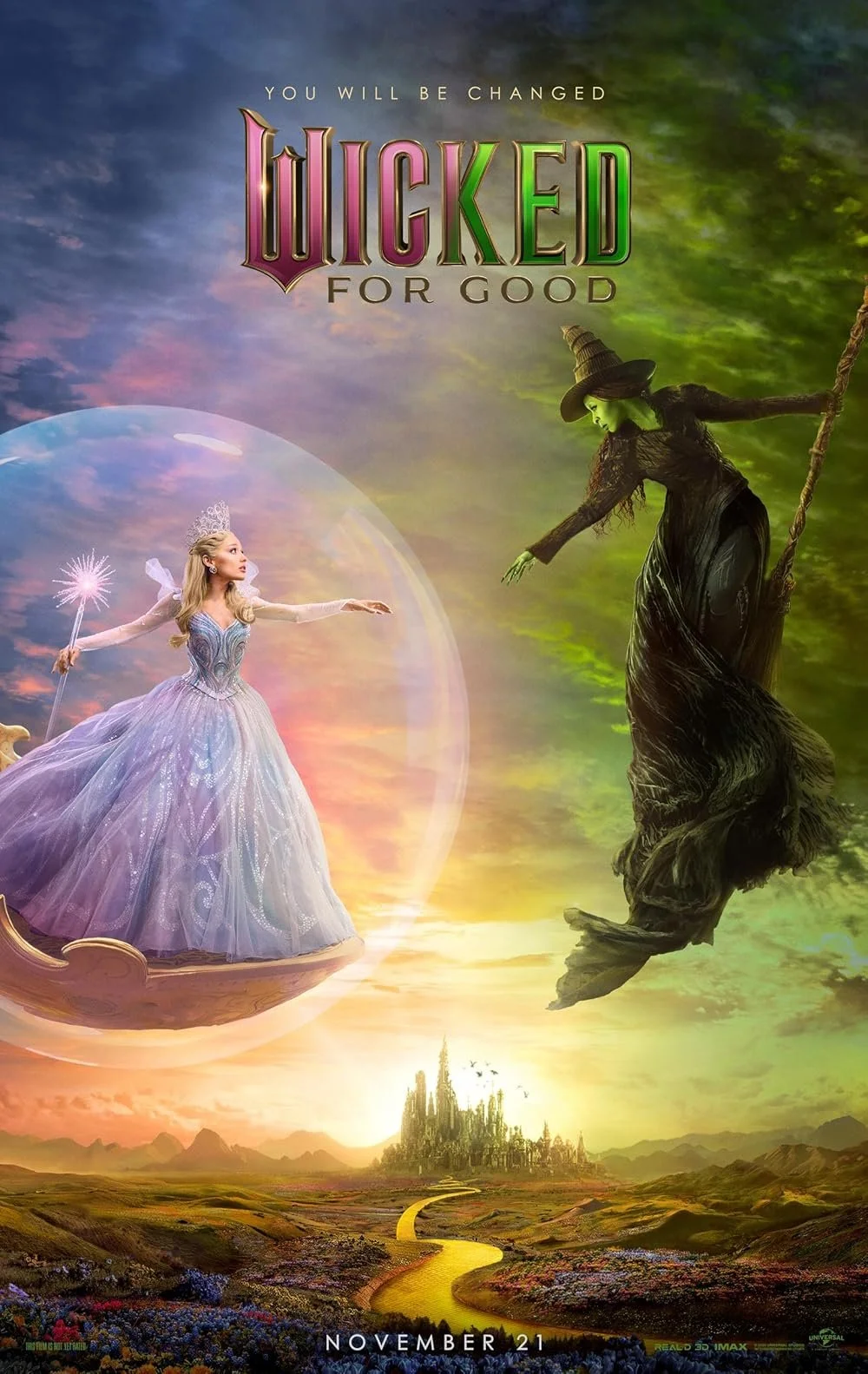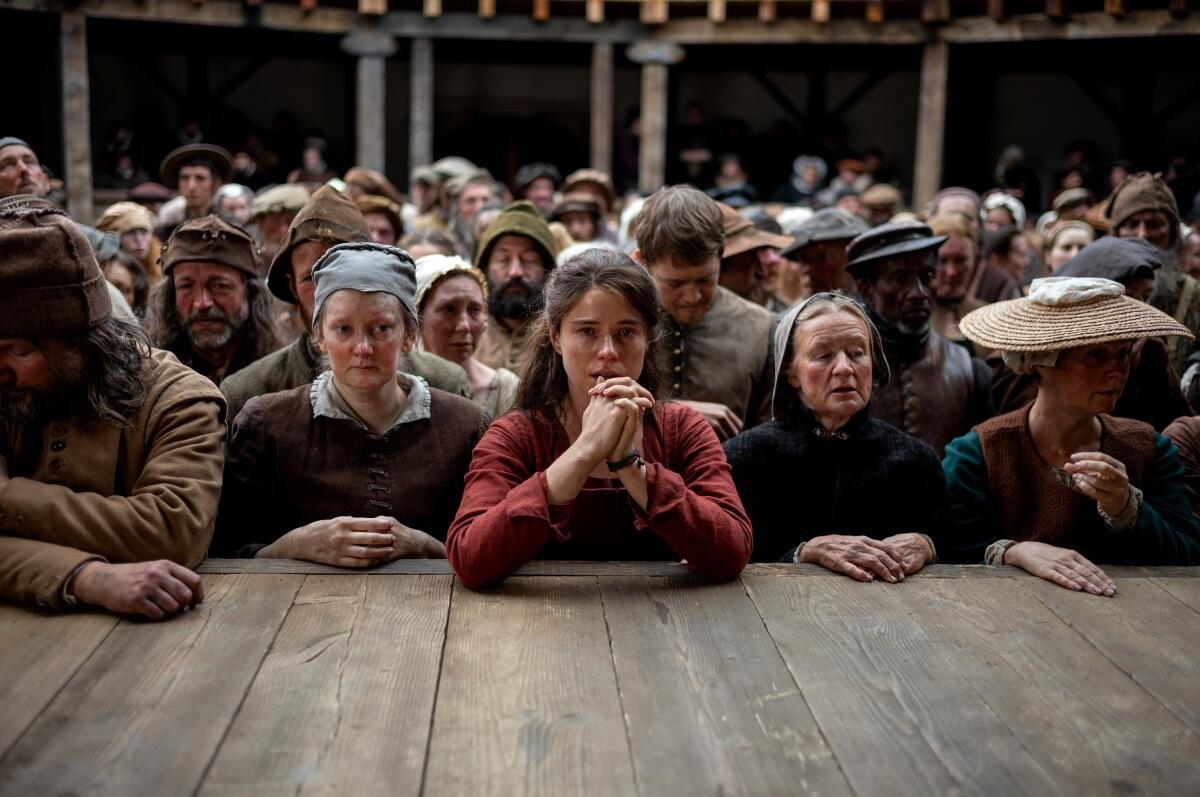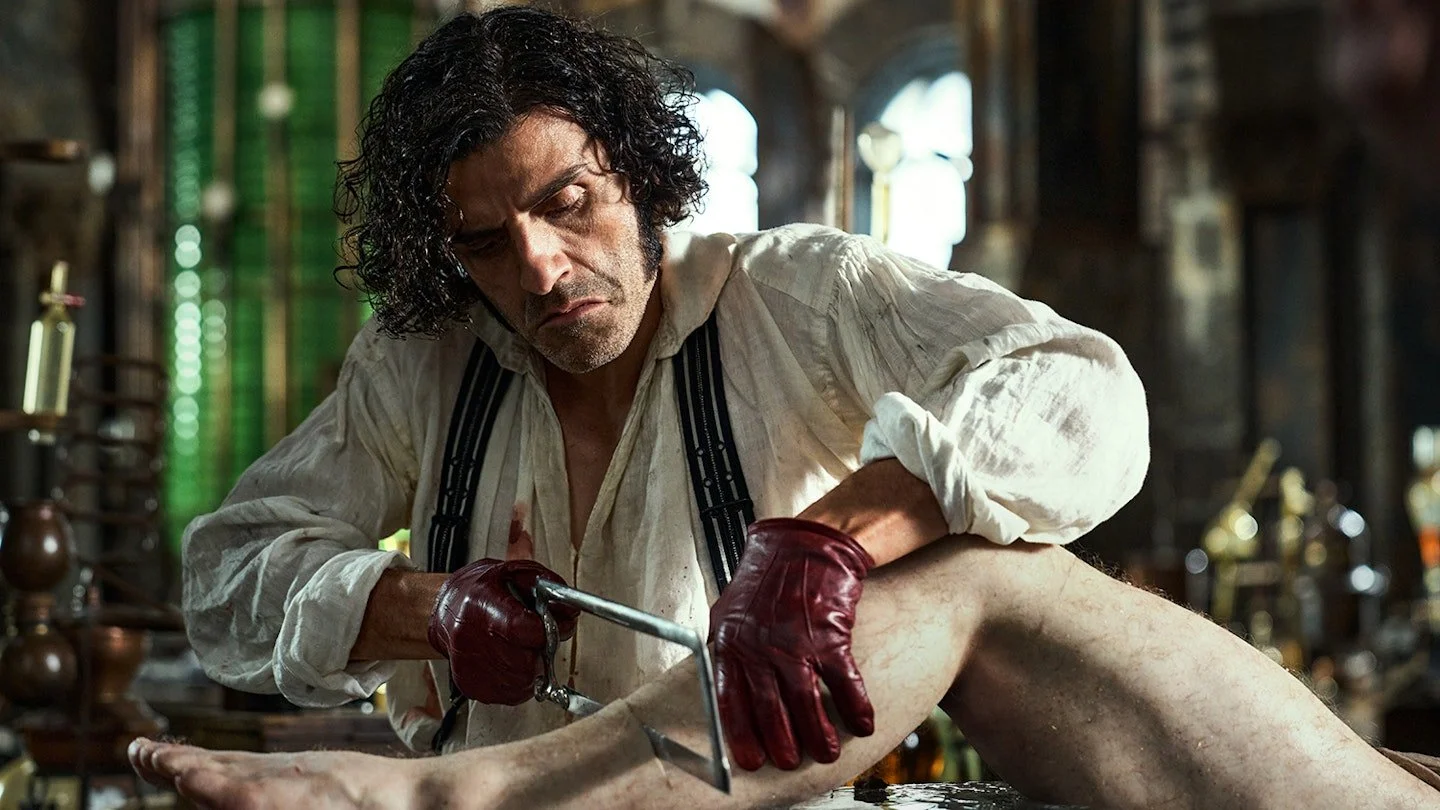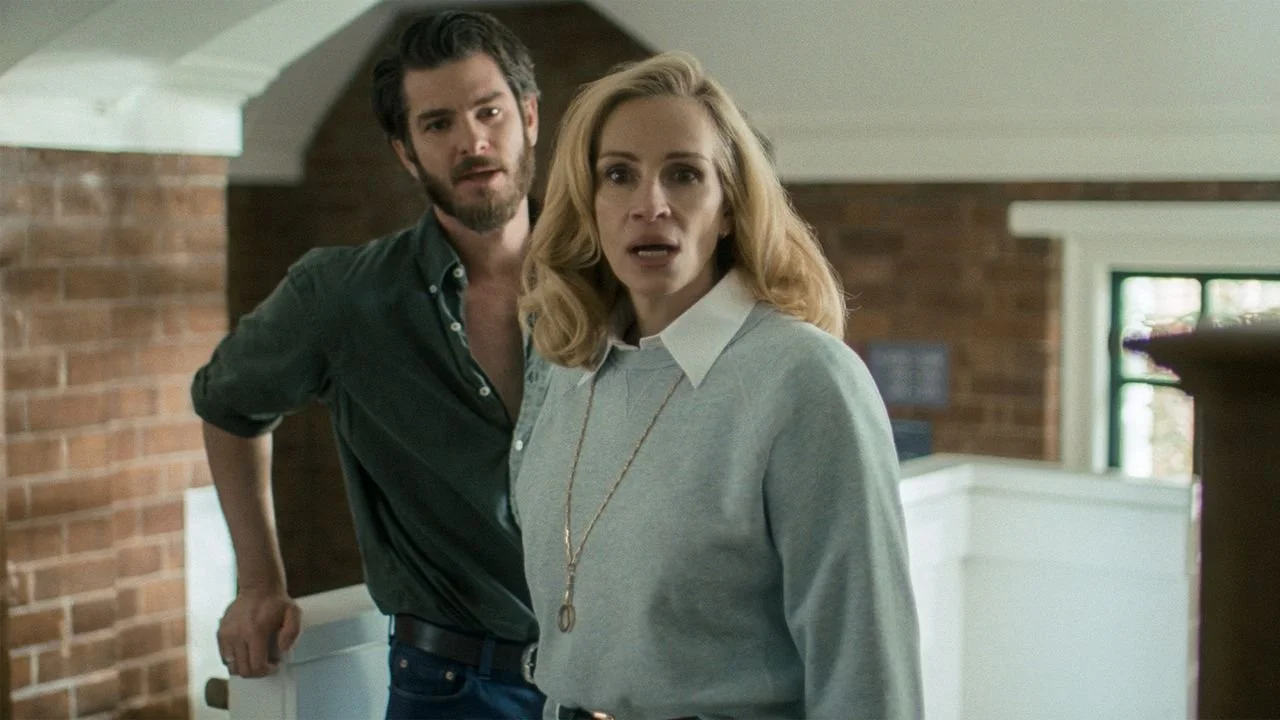Wicked: For Good
Smile and wave and…
Shut up!
The time has finally come to say goodbye to the magical world of Wicked. Maybe this farewell didn’t feel as epic as I would’ve wanted, but one way or another, it happened.
In the second part of Wicked, titled Wicked: For Good, we follow the story of Elphaba, who has gone underground, trying to fight the Wonderful Wizard of Oz and actually do something for the citizens while the entire land of Oz is hunting her. At the same time, Glinda, even though she knows and understands the whole truth, chooses to play the role of a convenient political figure for the Wizard and Madame Morrible, becoming a kind of speaker and a fabricated hero of the world of Oz.
We once again witness grand battle scenes, emotional struggles, attempts to become a little better and remain true to oneself, while those in power desperately try to cling to what they already have. We see repression, persecution, and even the displacement of characters. We witness a battle that, in the end, no one fully wins, but somehow — through sacrifice — something good is still achieved. And that’s the strength of this film: telling a story through a naive, fairytale lens about how trying to be better isn’t impossible, and you don’t need to be perfect to be good.
But the second part has much less actual story than the first, which forced director Jon M. Chu to stretch it a lot. Because of that, the flaws of the narrative became far more noticeable. First of all, the directorial ones, because when the story had no real “meat”, Jon M. Chu chose pretty meaningless scenes just to fill time. And because of that, the characters started to wither.
And then another problem surfaced — one that didn’t bother me in the first film because it was so packed. The casting of Michelle Yeoh as Madame Morrible didn’t work for me. She couldn’t hold the scenes where she was simply present and not much was happening. Especially in the tornado-creating scene — her face felt so empty, as if she got lost in the role. And considering she’s essentially the villain, she could have leaned into something more caricature-like, fitting for a musical. Unfortunately, it just didn’t land.
Because the ending of Wicked is so bright and emotional, the first half feels really faded. And this time I’m not talking about color grading — the story just needed a lot of time to pick up speed. Another huge and obvious downside was how they handled the story of Dorothy. Her story, while connected to The Wonderful Wizard of Oz, still directly intersects with Wicked, but here it was simply erased. The way they completely depersonalized Dorothy and refused to show her at all felt very unbecoming. It’s obvious why — they didn’t want to attach a face to Dorothy because, let’s be honest, sooner or later we’re getting that adaptation too. But choosing convenience and showing literally nothing looked extremely strange and unintentionally funny.
As for the new songs — both ended up far less impressive than they should’ve been. Elphaba’s song “No Place Like Home” felt completely empty and not very interesting. Glinda’s “The Girl in the Bubble” was better, but still didn’t give chills.
In the end, the strongest moment of the film was absolutely the “For Good” performance and scene. If you’re invested in the story, I think it’s impossible not to get emotional, whether you know the ending or not. And in that moment, it once again showed how much care and love Cynthia Erivo and Ariana Grande put into their roles. Even when the circumstances around them weren’t exactly helping, they still gave their absolute maximum. They carried this story with dignity, and I think they can be proud of themselves.
While the first part of Wicked felt like a very dense, breathtaking epic from start to finish, the second part gives you that only if you wait for it. Despite all this, walking out of both parts of Wicked, you feel like this trip to the cinema was, indeed, for good.
7/10




